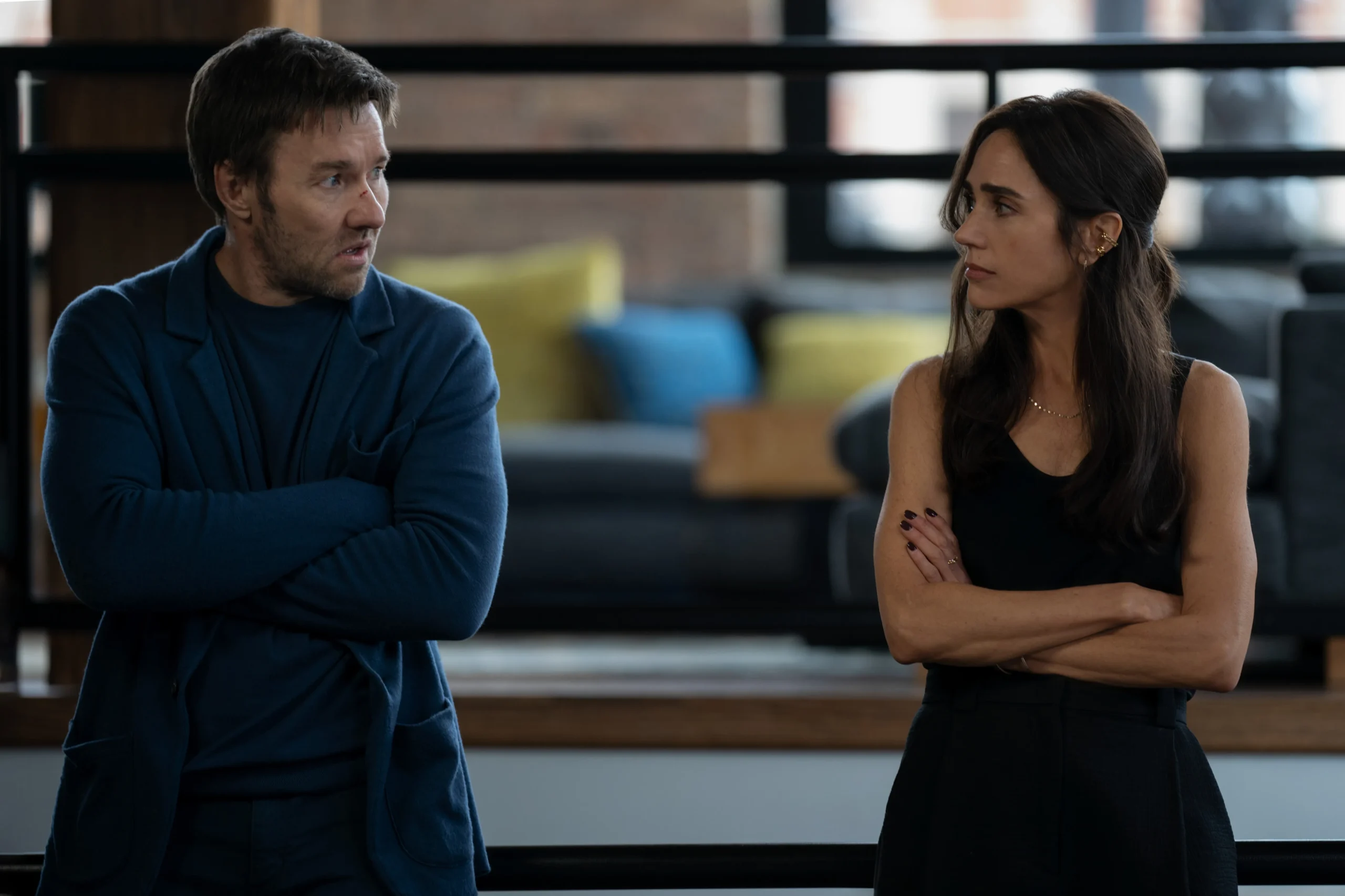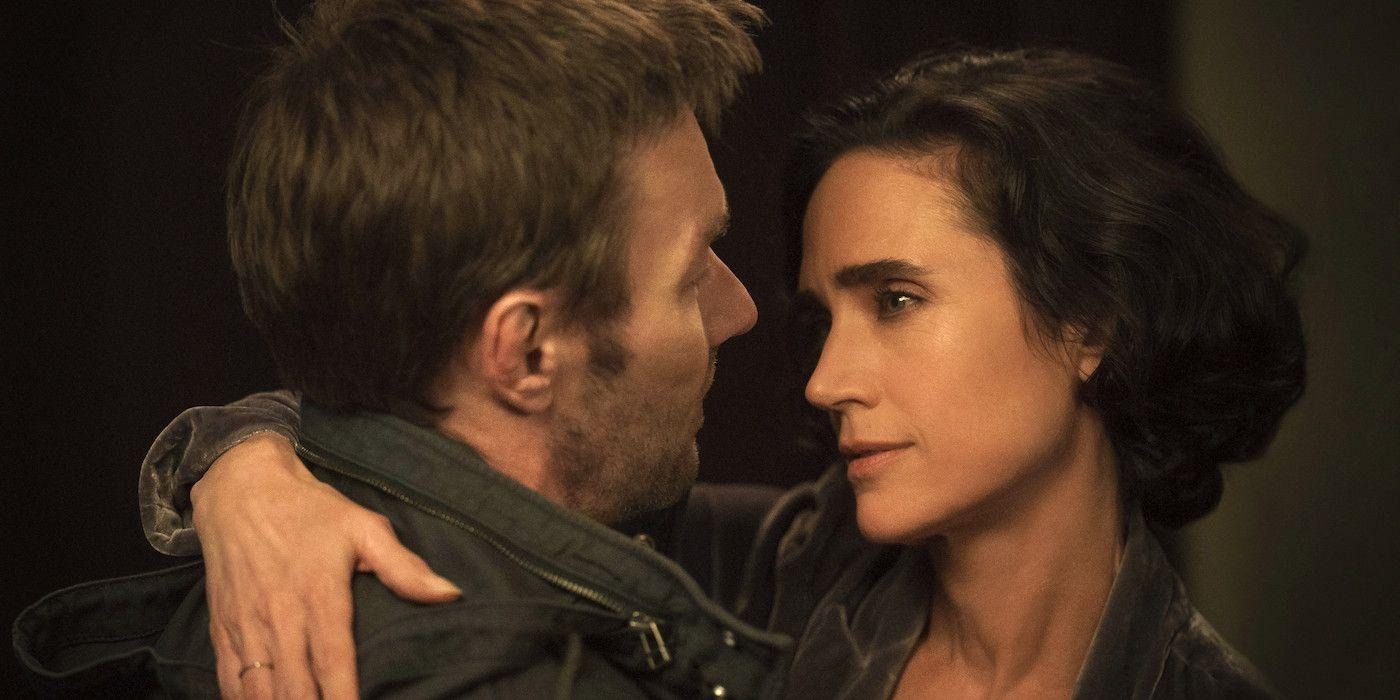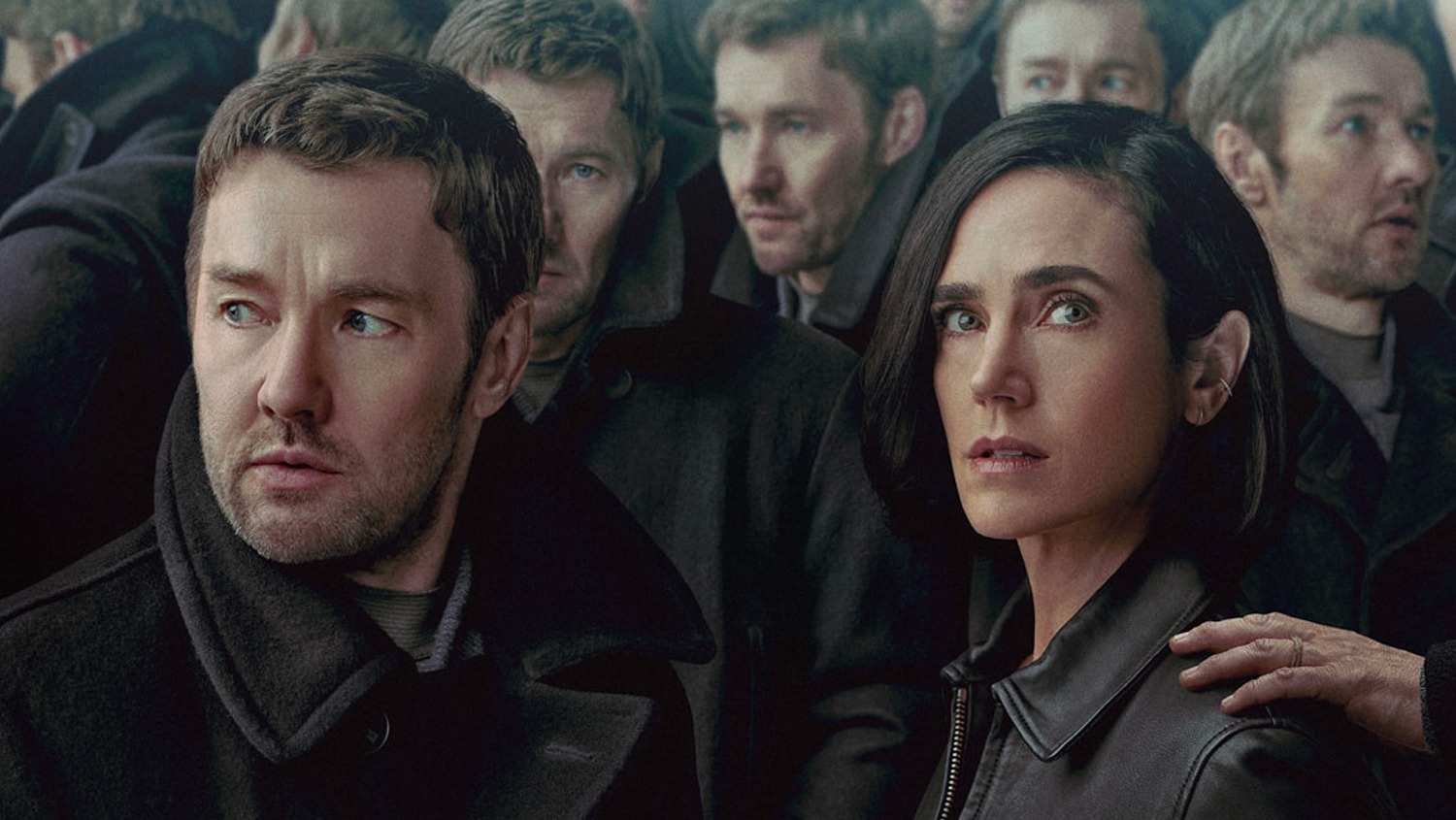Dark Matter Season 2 ends on a tense and emotional note, as choices made across different versions of reality collide with consequences that no one can fully prepare for. From the moment Jason Dessen is forced out of his world and begins to understand the depth of what has been taken from him, the series builds a steady rhythm of discovery, loss, and self-questioning.
The final stretch of episodes raises the stakes by forcing every character to reckon with the cost of rewriting reality, while reminding viewers that no version of life is without its cost. Multiple timelines crash together, and the weight of those decisions lingers long after the screen goes dark.
By the time the story reaches its closing chapter, the show has already moved beyond the question of whether someone can get back what they lost. Instead, it presses harder on what it means to deserve that second chance, and who has the right to claim it.

The Season 2 ending is a reflection of everything that came before: betrayal, survival, and the fear of losing control over what makes us who we are. Every twist rests on the idea that no version of reality is fully safe from human desire or fear.
Season 2 gives space for its characters to experience emotional turning points, while also pushing the science of the series further. The final scenes confirm that this is no longer just about returning home, but about understanding what “home” even means when endless versions exist.
Jason’s Choices and the Versions of Himself
The central conflict throughout Season 2 surrounds Jason and the many versions of him spread across the multiverse. The struggle isn’t only between good and evil but between the same man who made different decisions under different pressures. Each variation of Jason thinks he’s fighting for what’s right. But as the episodes move forward, it becomes clearer that not every version deserves sympathy.
Jason 1, the original version viewers started with, has one goal: to reunite with his family. However, the deeper he dives into alternate versions of his life, the more he comes face to face with the idea that others, including versions of himself, want that life just as badly. Season 2 takes this concept and runs with it, making Jason question whether his presence will bring healing or only more damage.
The season reaches a peak when Jason meets other Jasons, each with their own motivations and feelings about who the “real” Jason is. The tension doesn’t come from action alone but from the emotional weight behind every choice. Jason learns that no amount of fighting can erase the pain left behind in each broken reality.
Daniela and Charlie as Anchors in a Shifting World
Daniela and Charlie, Jason’s wife and son, continue to serve as the emotional centre of the story. Through them, viewers are reminded of what Jason is truly fighting for. But Season 2 makes sure they are not just people to be rescued. Instead, the series gives them more voice and agency in this story of fractured realities.
Daniela’s growing awareness of what has been happening around her pushes the story forward in powerful ways. Her confusion turns into fear, and that fear eventually transforms into strength. She becomes someone who can make difficult choices, even when they mean saying goodbye to one version of her husband for the sake of protecting her child.
Charlie, still young but more perceptive than expected, sees more than the adults give him credit for. His presence forces every Jason to reckon with the consequences of stepping into another person’s life. No matter how close a version comes to being the original, a child can tell the difference, and the show never lets that truth slip away.
Leighton and the Expansion of the Box’s Reach
Leighton, introduced in earlier parts of the series as a man driven by power and ambition, finds more influence in Season 2. He is not interested in finding peace across the realities. Instead, he sees the Box — the device that allows people to travel between universes — as an opportunity to gain control.
While Jason fights to hold onto what matters most, Leighton pushes the multiverse open, believing it can be used to reshape life on his terms. His interest in the technology becomes less about science and more about domination. He’s willing to let reality break if it means he comes out on top.
Leighton’s role in the later episodes adds tension that doesn’t just come from science fiction but from human ambition. He represents what happens when the multiverse falls into the wrong hands. By the end of the season, he becomes a symbol of how easily the power to cross between versions can become dangerous.
The Science Behind the Box and Its Consequences
The show doesn’t just rely on emotion or character development. It also leans into the science behind the Box, a machine that allows movement between infinite versions of reality. Season 2 raises questions about how it works and what that movement costs.
Every jump through the Box causes physical and emotional strain. Characters lose track of where they started, and memories begin to fade or merge with others. The show presents the idea that no version of a person can return unchanged. The more they use the Box, the less sure they become of who they are.
This idea is expressed most clearly through Jason and Amanda, who have both made multiple jumps. Their conversations reflect confusion and guilt, as they try to hold onto pieces of themselves that feel like they are slipping away. The show treats these effects seriously, reminding viewers that technology without restraint will always carry a price.
The Final Confrontation and the Struggle for Identity
The final moments of Season 2 are built around a confrontation that goes beyond physical action. Jason must face not just another version of himself, but the entire weight of his choices. He realises that forcing his way back into his old life may hurt more people than it helps.

He must decide whether to keep fighting for a life that may no longer belong to him, or to step aside and let others move forward. The show does not offer easy answers. Instead, it leaves space for viewers to feel the weight of each decision. The confrontation is less about good versus evil and more about what it means to love someone enough to let them go.
Daniela’s role in this decision is just as important. She makes it clear that love must be rooted in truth, and that rebuilding their family cannot be done on lies or substitutions. Her strength, as well as Charlie’s innocence, helps Jason see what matters beyond his own desires.
A Closing That Leaves Room for the Future
The season ends with questions still hanging in the air. While some threats are dealt with, others remain. There is no full return to normalcy. Jason may find peace for now, but the multiverse is still open, and the Box remains active. The door is left open for future challenges, and the idea of identity continues to haunt the characters.
Amanda’s journey is also left unfinished. Having experienced her own disconnection from home, she begins looking for a version of life where she can belong. Her character’s path becomes a mirror to Jason’s, offering another perspective on what it means to search for meaning across endless versions of reality.
Every person touched by the Box carries part of that experience forward, making it clear that the story has not fully ended. Whether peace will last, or whether new conflicts will arise, remains to be seen. What is clear is that the characters have changed, and the cost of those changes cannot be undone.
Dark Matter Season 2 is available for streaming online. Those interested can watch it on Apple TV+. The full season can be accessed through a subscription on the platform.
(Updated: Jun 19, 2025)



